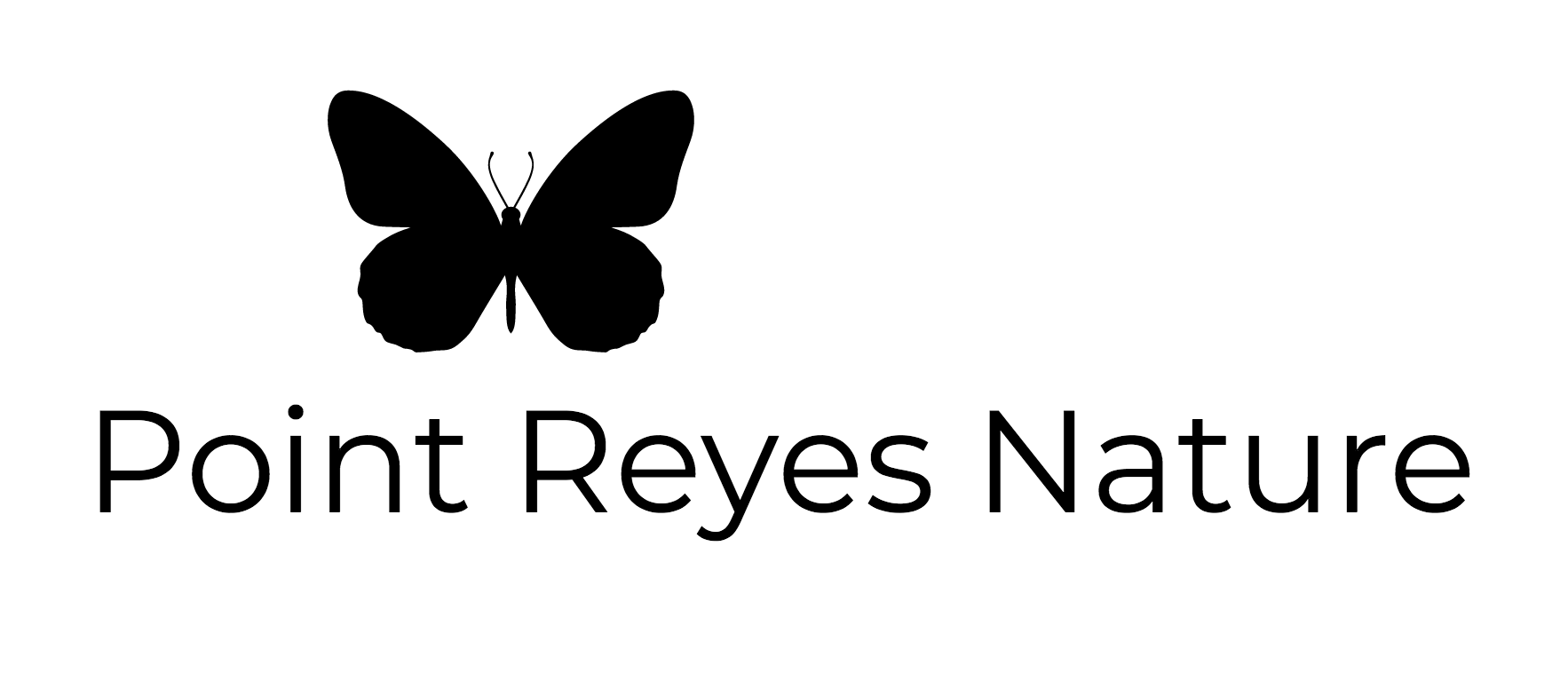The Bumble Bee Atlas program is now coast-to-coast! In 2024, we'll be learning about bumble bees and their habitats in 20 states. We're excited for a new season of discovery! To kick off the season, we're holding a nationwide webinar on the ecology and conservation of bumble bees. See below for more information and the registration link. Whether you've been with us since the beginning, are brand new to the Atlas, or are just curious, we hope that you can make it, and will invite a friend or two to join us -- anyone is welcome. The event is free, but registration is required to join live. Be sure to stay tuned for more events and announcements from your regional project!
ECOLOGY AND CONSERVATION OF BUMBLE BEES FOR ATLAS VOLUNTEERS
Saturday, April 13, 2024
9 - 11:30 am PT | 10 am - 12:30 pm MT
11 am - 1:30 pm CT | 12 - 2:30 pm ET
There are nearly fifty species of bumble bees in North America, and these charismatic insects are essential pollinators in our gardens, farms, and natural areas. Unfortunately, many bumble bee species are in decline. Between climate change, the widespread use of pesticides, habitat loss, and the amplification and spread of diseases from commercial bees, bumble bees face an uphill challenge. In this webinar we will discuss bumble bee ecology, how that interacts with ongoing conservation issues, and what we can all do to help. Beyond participating in our Bumble Bee Atlas projects, protecting, creating, and restoring habitat is the key. We’ll discuss how to provide critical habitat to benefit each stage of the bumble bee life cycle, whether you have a small porch, or manage several acres. While this webinar is directed toward our Bumble Bee Atlas volunteers, anyone is welcome to join. Registration is required to join the webinar live, but the webinar will be recorded for later viewing.
The webinar will be led by the bumble bee conservation crew at the Xerces Society: Rich Hatfield, Laurie Hamon, Katie Lamke, Genevieve Pugesek, and Leif Richardson, and joined by Dr. Elaine Evans and Elise Bernstein of the University of Minnesota.
